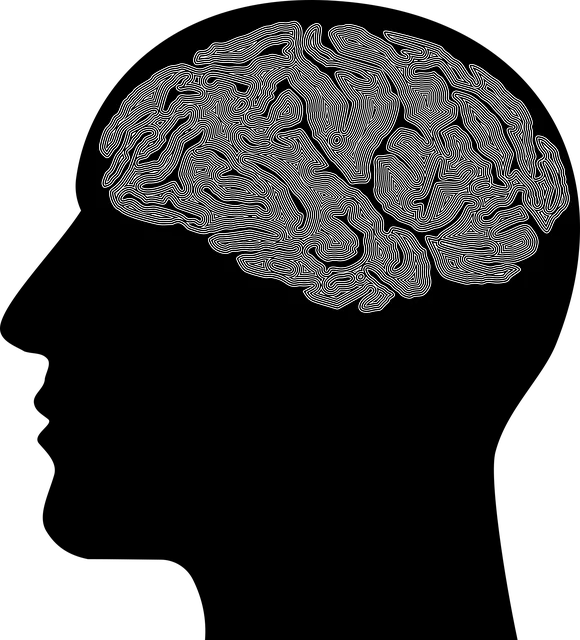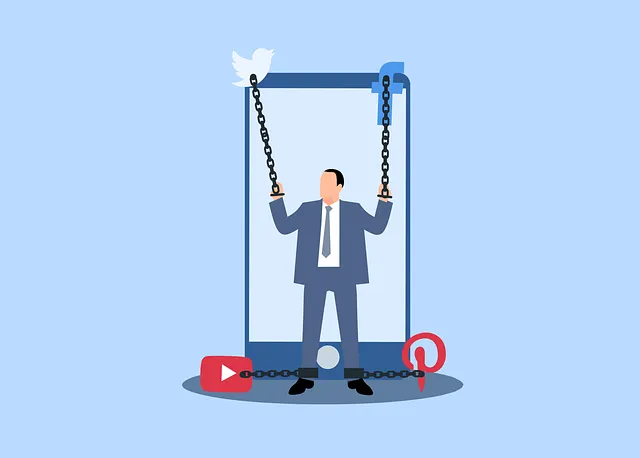Kaiser Permanente Longmont employs the Role-Function-Moment (RFM) model, combining evidence-based practices like Social Skills Training and Empathy Building Strategies with Risk Management Planning for Mental Health Professionals. This holistic approach enhances patient outcomes and resilience through mindfulness meditation, empathy role-playing, and a comprehensive training program. By integrating RFM techniques into traditional therapy, Cultural Competency Training, and Social Skills Training, Kaiser Permanente Longmont caters to diverse patient needs and encourages active mental health engagement. Their data-driven evaluation process, tracking KPIs like participant satisfaction and emotional intelligence improvements, ensures continuous program refinement based on community feedback and trends over time, reinforcing their commitment to high-quality, effective mental health services reflected in the Kaiser Permanente mental health number Longmont.
“Discover how Kaiser Permanente Longmont is pioneering resilience-focused care through the implementation of RFM (Resilience, Flexibility, and Mastery) exercises. This approach aims to significantly enhance mental health support, empowering patients with tools to navigate stress and adversity. The article explores the impact on patient well-being, provides practical exercise guidelines for healthcare professionals, and details successful integration strategies within Kaiser Permanente’s Longmont services. Learn about measuring the effectiveness of RFM initiatives in this comprehensive guide.”
- Understanding RFM and Its Impact on Mental Health Support at Kaiser Permanente Longmont
- Identifying Resilience Building Exercises for Effective Patient Care
- Implementing RFM: Strategies for Incorporation into Mental Health Services
- Measuring Success: Evaluating the Effectiveness of RFM Initiatives at Kaiser Permanente Longmont
Understanding RFM and Its Impact on Mental Health Support at Kaiser Permanente Longmont

At Kaiser Permanente Longmont, understanding the Role-Function-Moment (RFM) model is a game-changer in delivering comprehensive mental health support. This innovative framework focuses on three key aspects: role, function, and moment, offering a nuanced approach to address individual needs. By analyzing an individual’s role within their community, their functions or behaviors, and the emotional moments they experience, mental health professionals can provide more targeted interventions.
The impact is significant, especially when coupled with evidence-based practices like Social Skills Training and Empathy Building Strategies. This tailored support enhances patient outcomes and resilience, ensuring that individuals, particularly those facing complex challenges, receive holistic care. Additionally, integrating Risk Management Planning for Mental Health Professionals into the RFM framework further strengthens Kaiser Permanente Longmont’s commitment to safe and effective mental health services in the community.
Identifying Resilience Building Exercises for Effective Patient Care

Resilience building exercises play a crucial role in enhancing patient care, especially within healthcare organizations like Kaiser Permanente Longmont. Identifying the most effective practices requires understanding the unique needs and challenges faced by both patients and mental health professionals. For instance, integrating mindfulness meditation techniques has shown promise in reducing stress and improving coping mechanisms among patients, fostering a more supportive environment for recovery.
Additionally, implementing Empathy Building Strategies through Role-playing scenarios or group discussions can significantly strengthen patient-provider relationships. These exercises not only improve communication but also enable mental health professionals to tailor their approach, addressing individual patient needs effectively. A well-rounded resilience training program should incorporate these practices alongside Risk Management Planning for Mental Health Professionals to ensure a comprehensive and sustainable care delivery model.
Implementing RFM: Strategies for Incorporation into Mental Health Services

Implementing RFM (Resilience, Flexibility, and Mindfulness) into mental health services is a strategic approach to enhancing patient outcomes in Longmont, Colorado, and beyond. Kaiser Permanente Mental Health centers recognize the importance of equipping individuals with tools to navigate life’s challenges. One effective method involves integrating RFM practices into traditional therapy sessions. This can include teaching mindfulness techniques to foster present-moment awareness, promoting flexible thinking to adapt to changing circumstances, and cultivating positive thinking skills to build mental resilience.
By incorporating these strategies, healthcare providers can enhance their Cultural Competency Training, ensuring they meet the diverse needs of their patients. Social Skills Training is another integral part of this process, empowering individuals with effective communication and interpersonal techniques. This holistic approach not only complements traditional therapy but also empowers patients to take an active role in their mental health journey, ultimately improving overall well-being.
Measuring Success: Evaluating the Effectiveness of RFM Initiatives at Kaiser Permanente Longmont

Measuring Success plays a pivotal role in evaluating the effectiveness of RFM (Resilience and Mental Health) initiatives at Kaiser Permanente Longmont. Through a multi-faceted approach, the organization aims to enhance the mental health landscape for its members. The Kaiser Permanente Longmont mental health number serves as a crucial touchpoint, providing access to essential resources. By tracking key performance indicators (KPIs), such as participant satisfaction, improved emotional intelligence, and better emotional regulation skills as measured through the Mental Wellness Podcast Series Production, the success of these initiatives can be gauged.
This evaluation process involves collecting feedback from participants, analyzing trends in attendance and engagement, and measuring changes in emotional health indicators over time. Such data-driven insights enable Kaiser Permanente Longmont to refine its programs, ensuring they meet the evolving needs of its community. This continuous improvement approach not only enhances the quality of mental health services but also reinforces the organization’s commitment to fostering resilience and promoting overall emotional well-being.
The implementation of RFM (Resilience, Flexibility, and Mastery) exercises within Kaiser Permanente mental health services in Longmont has demonstrated significant potential in enhancing patient care. By focusing on these key aspects, healthcare providers can offer more tailored support, leading to improved resilience and overall well-being for patients. The success of this initiative, as measured by the positive outcomes at Kaiser Permanente Longmont, highlights the value of integrating RFM into mental health practices across the region and beyond, thereby fostering stronger communities with enhanced coping mechanisms.






